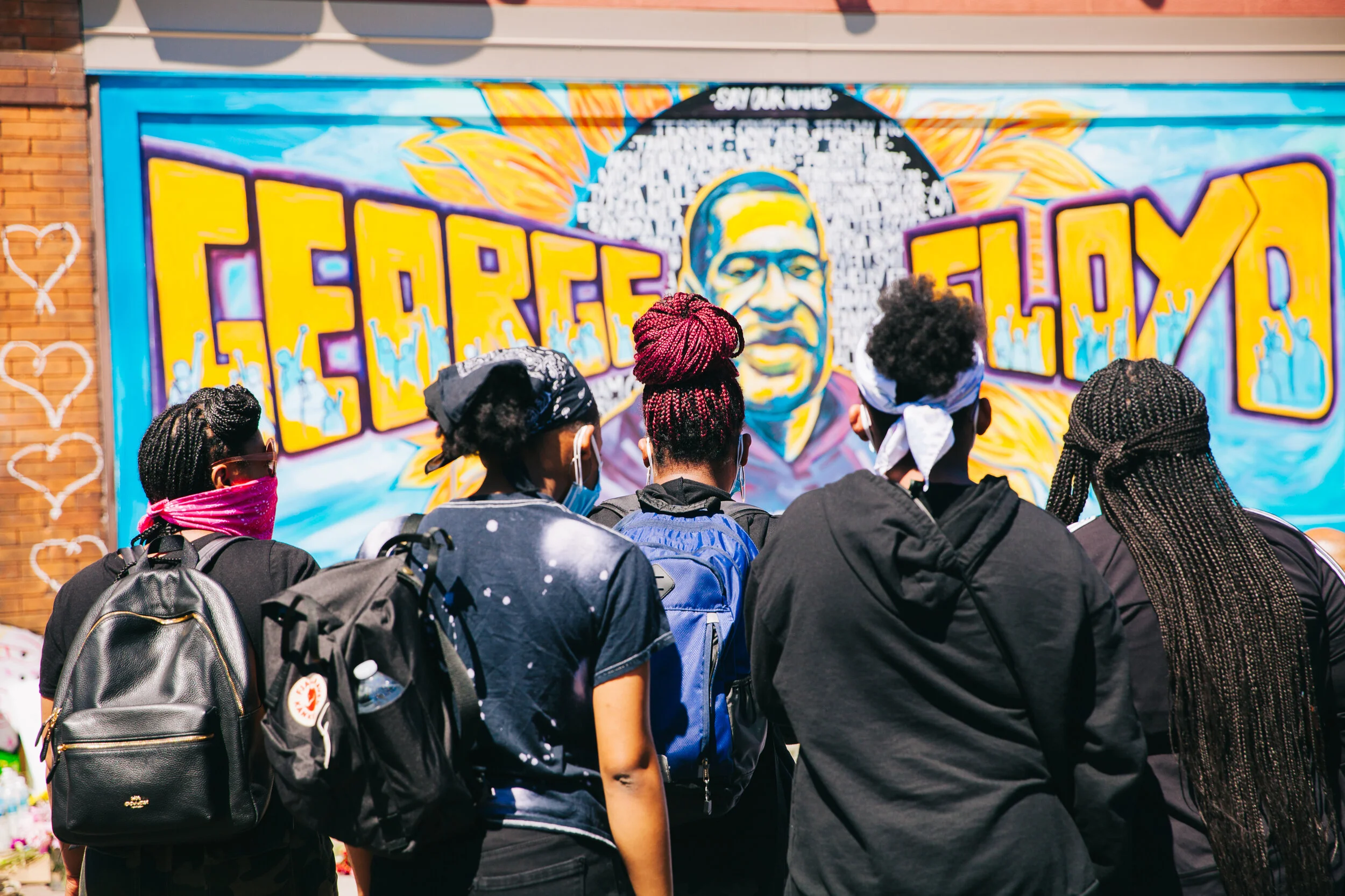In An "Extraordinary Time," Who's Backing Student Leaders From Community Colleges?
/photo: Adam levinson/Shutterstock
In a political climate that has some fearing for American democracy’s future, how can funders support civic engagement? For many, this means zeroing in on local nonprofits and activist groups doing the tough and often thankless work of organizing citizens to take actions on the issues they care about.
Eric Marshall, who heads the Funders’ Committee for Civic Participation, put it this way in an interview for a recent IP piece: “Civic engagement is local. People are best reached by nonprofit organizations that are rooted in that community year-round. National organizations do good work, but if you’re not based in that community, there’s only so much you can do.”
Community colleges are also rooted in the community, hence the name. While big philanthropy often gives them short shrift, they can be hubs for local engagement and civic pride among an activism-prone group: students. But unlike many students at four-year universities, those attending community college are more likely to be kids of color from low-income families who know firsthand about the social and economic challenges that face so many Americans these days. They're also more likely to remain in the area after graduating. For all these reasons, it makes a lot of sense to help community college students to become civic leaders.
Related:
- Amid Civic Fears, a Democracy Funders Network Is Going Strong
- One Key to This Community College's Fundraising is Civic Pride
For several years, the Rappaport Family Foundation has been working to do just that. Civic engagement among community college students has been its big issue—and now it's doubling down on this area. Not to be confused with the Boston-based Phyllis & Jerome Lyle Rappaport Foundation, this democracy-focused funder calls San Francisco home. Through its RFF Spark Initiative, the Rappaport Family Foundation will be spending up to $2 million over the next two years to build civic leadership among community college students.
The Rappaport Family Foundation isn’t large, but its grantmaking is fairly focused on civic engagement, as well as some arts funding. Its standard $40,000 grants can make a big difference for modestly-budgeted local organizations.
Behind the money are Andy and Deborah Rappaport, whose fortune comes from tech venture capital. Deborah heads the family foundation, and Andy has been a noted donor to the Democratic Party. Avid art collectors, the Rappaports have backed the Minnesota Street Project, an affordable space for San Francisco artists and galleries threatened by sky-high rents.
Deborah Rappaport sees youth-focused civic engagement, especially on community college campuses, as an under-resourced field with lots of potential. She writes, “Instead of adding our drops to the bucket of large initiatives that had written off the youth vote for generations, we looked for new, untested but promising strategies and small projects where our investment could convert an idea into a reality.”
Since starting in 2010, the RFF Spark program has distributed over $1 million to nonprofits working with community college students. Grantees include Bend the Arc, the Roosevelt Institute, the People for the American Way Foundation, Young Invincibles and the Campaign for College Opportunity. Adding another $2 million to the grantmaking pot is a sizable relative commitment.
Another major player in this space is the Aspen Institute’s Forum for Community Solutions, particularly through its Opportunity Youth Incentive Fund. Drawing on support from a constellation of big names in philanthropy, Opportunity Youth had its roots in the Obama administration’s White House Council on Community Solutions.
While that effort took a big-tent approach to serving disconnected youth, the Rappaport Family Foundation’s investment specifically funds nonprofits that prime young people for community activism. California, with the nation’s largest number of community college students, was previously a big focus on the foundation's civic engagement work. Now, calling the present moment an “extraordinary time,” RFF Spark is looking for LOIs from “the Upper Midwest, the Heartland, and rapidly changing states like Virginia, Texas, New Mexico and North Carolina.” Clearly, there’s interest in fostering student activism where liberal politics has had less luck of late.
Elsewhere in the civic engagement universe, philanthropy has also been gathering its strength. We’ve written about several major California foundations pushing Latino civic engagement in the Golden State. Community foundations have also stepped up, offering new support to local grassroots activists—especially those from communities under attack from the new administration.
Related:







































